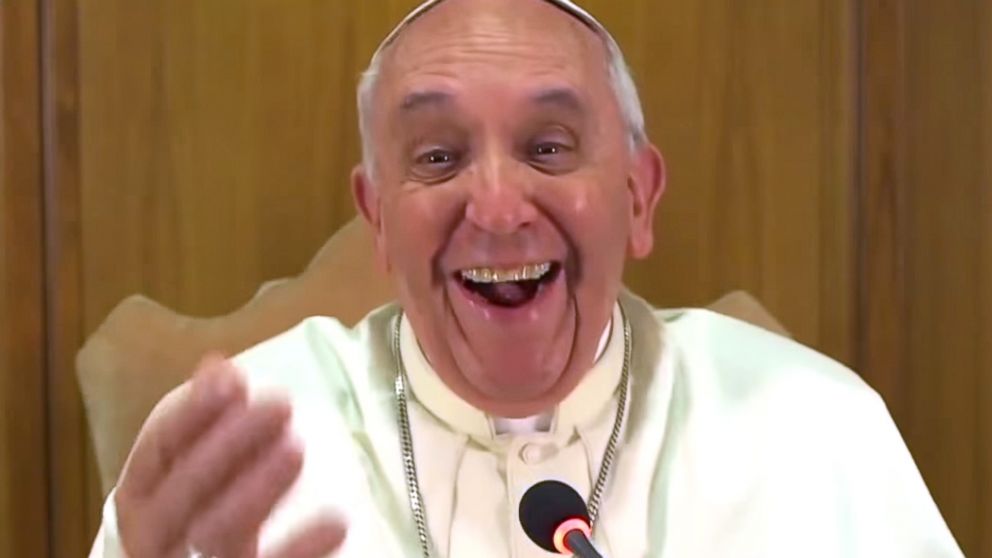No comment from me is necessary here:
In a nearly 40-minute prepared talk, the Pope warned new bishops against using their office to be self-serving, but rather to share the holiness, truth and love of God.
“The world is tired of lying spellbinders and, allow me to say, ‘trendy’ priests or bishops. The people sniff them out – they have God’s sense of smell – and they walk away when they recognise narcissists, manipulators, defenders of their own causes, auctioneers of vain crusades,” he said.
Irony, you will be missed.


